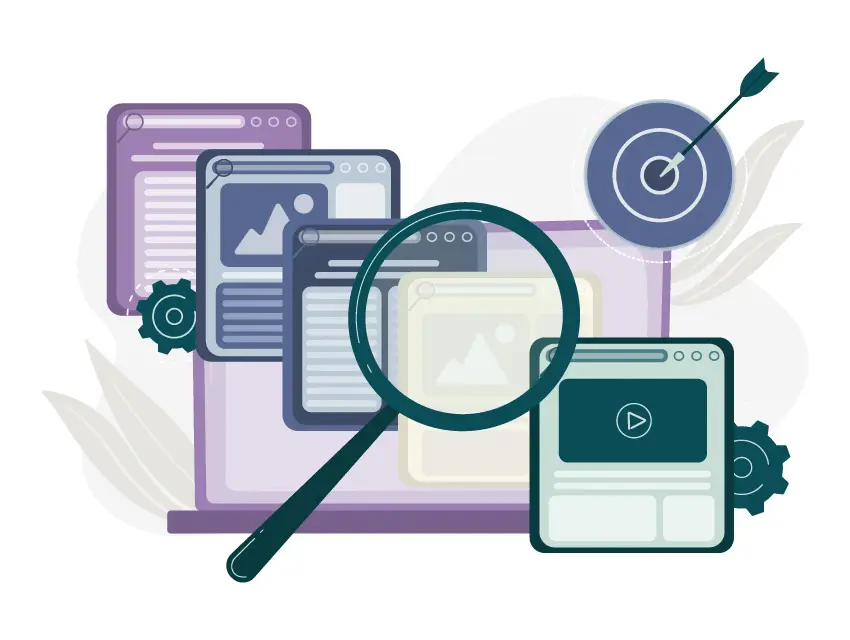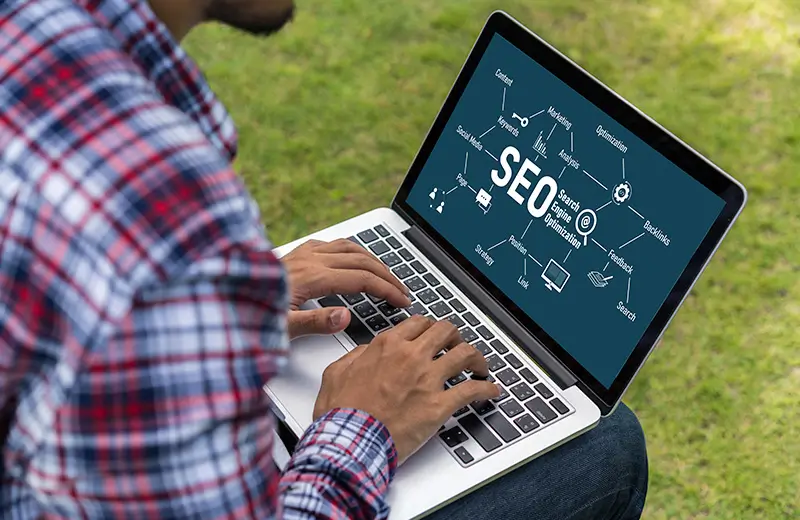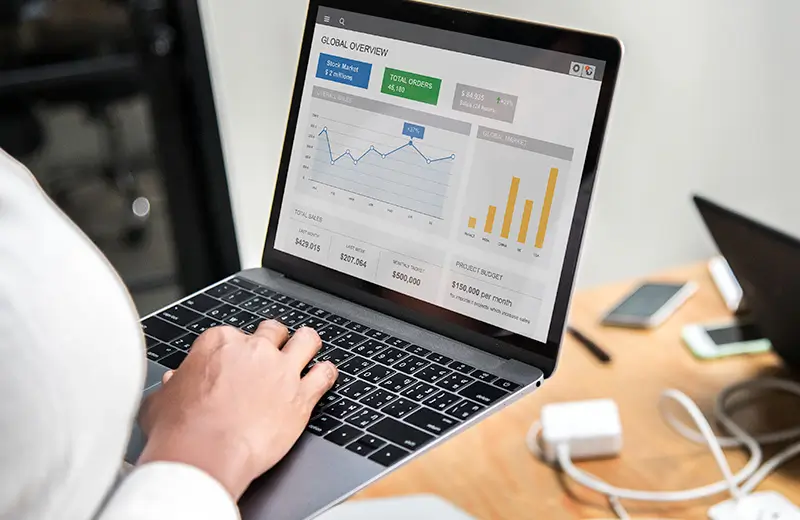
Many businesses nowadays are turning to digital marketing as a way to stand out in a crowd. Those same businesses are also evaluating SEO vs. PPC to determine which strategies will yield the most effective results. They want to get the most ‘bang for their buck’, which means picking the best strategy for them.
There are two predominant approaches to marketing: Search Engine Optimization (SEO) and Pay-Per-Click (PPC) advertising. Each strategy has its own pros and cons, meaning choosing the right strategy for your business depends on individual factors, including business goals, budgets, and industry dynamics.

First, SEO is the practice of optimizing your website to increase its visibility in organic search engine results. This is done by improving website elements such as content, including blogs and on-site copy, meta tags, headers, and building backlinks that align with search engine algorithms. This method is often seen as a long-term strategy that builds credibility and trust over time, improving overall search results.
PPC, on the other hand, uses paid advertisements to appear higher in search engine result pages (SERPs). Advertisers bid on keywords, and each time their ad is clicked, they pay a fee. This form of advertising is instant and versatile, allowing businesses to reach audiences quickly and effectively. However, once you stop paying for clicks, traffic can drop dramatically, meaning it isn’t a solution that is as long-term as SEO.


Want to learn why SEO is crucial for small businesses? Check out our recent blog.

When it comes right down to it, choosing between SEO and PPC really depends on your business and what you need in both the short and long term. If you want immediate visibility and can afford ongoing advertising, PPC can be a powerful strategic tool. It is also especially helpful for new product launches or targeting specific demographics quickly.
On the other hand, if you want a more long-term online presence and have the time and energy to dedicate to growth, then SEO can be equally advantageous. It creates a foundation of organic, ongoing traffic that can build on itself without constant and active oversight.
For many businesses, the right approach might not be solely SEO or PPC but rather a hybrid approach. Balancing long-term growth with immediate impact will create a comprehensive digital marketing strategy that adapts to different goals and market conditions, benefiting the business in the long run.
Ultimately it is by aligning these strategies with your unique business objectives that is going to be what guides your path towards digital success.
We offer SEO services in collaboration with our partners at Lucent Creative, a female-led digital marketing agency. Need a hand getting your business on the (local) map? Book a free consultation.